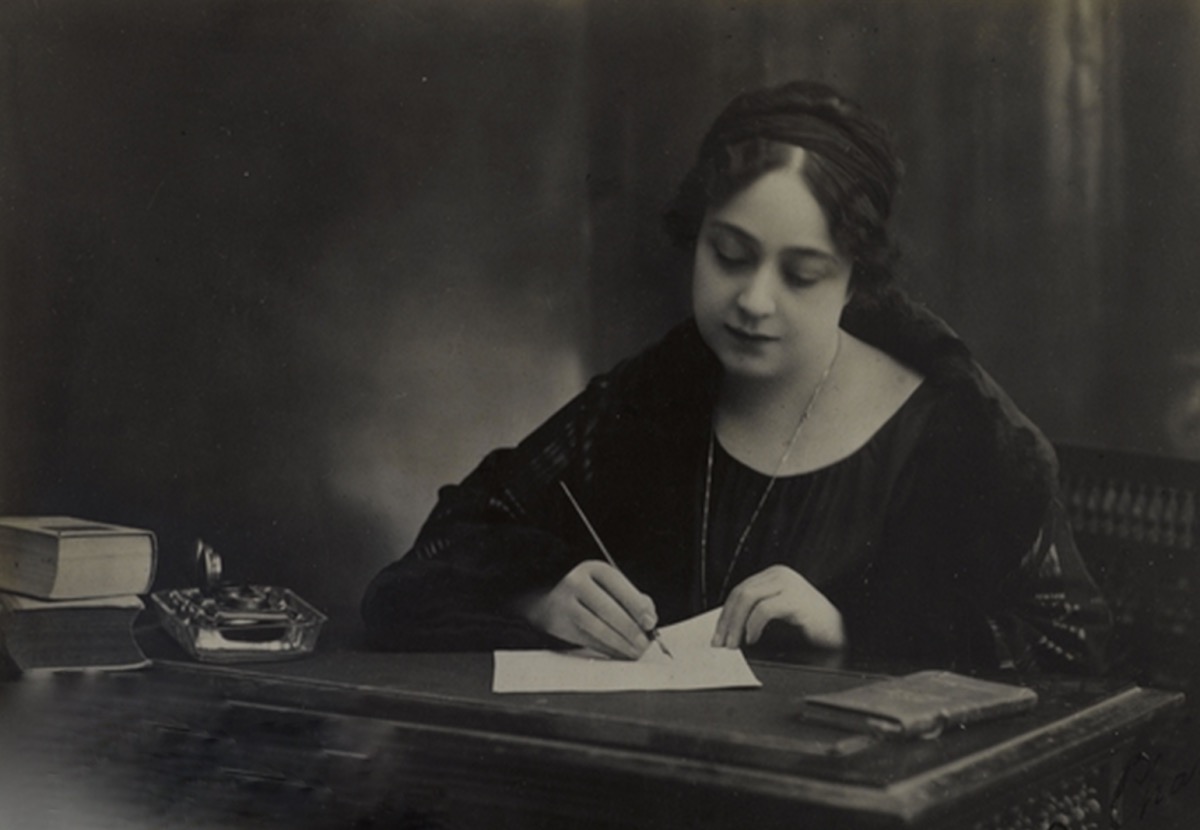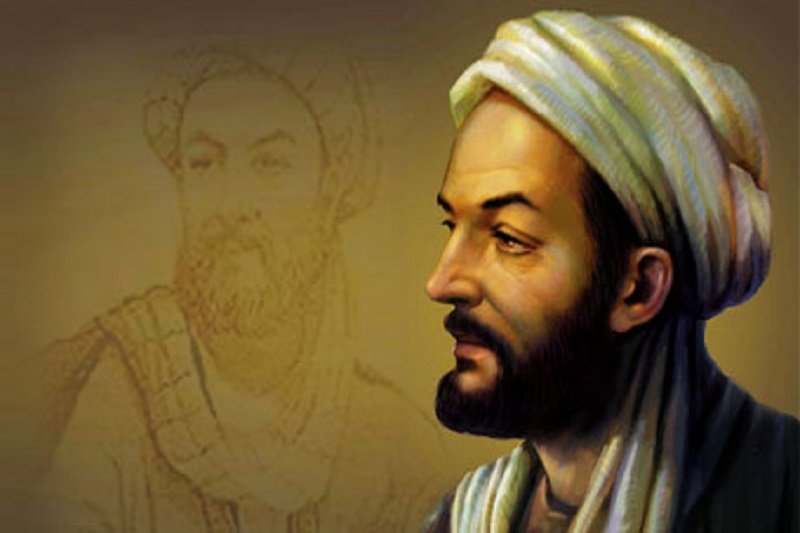Huda Sha’arawi (1879–1947) was a trailblazing Egyptian feminist, social reformer, and political activist who laid the groundwork for women’s rights movements across the Arab world. Born into an upper-class Egyptian family under Ottoman rule, she used her position to challenge gender norms and push for female empowerment. In 1923, she founded the Egyptian Feminist Union, advocating for women’s education, legal rights, and political participation. Her most symbolic act came when she publicly removed her veil upon returning from a women’s conference in Rome, sparking national debate and inspiring other women to question traditional roles.
Sha’arawi’s activism extended far beyond symbolism. She worked tirelessly to improve girls’ access to education, opening schools and organizing literacy campaigns at a time when such efforts were considered radical. She also published articles and gave speeches promoting gender equality and denouncing colonialism. By linking women’s liberation with national independence, Sha’arawi redefined the role of women in Egypt’s political and cultural landscape. Her work emphasized that the progress of society was intrinsically tied to the advancement of its women.
Her legacy continues to influence generations of Arab feminists and human rights activists. Through education, advocacy, and courage, Huda Sha’arawi challenged both patriarchal systems and colonial powers, carving out a new path for women’s voices in the Middle East. Her story remains a powerful testament to how one individual can ignite lasting change.





